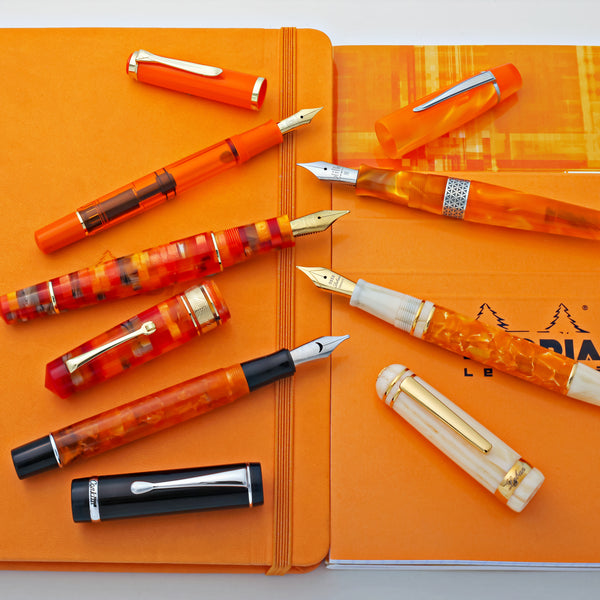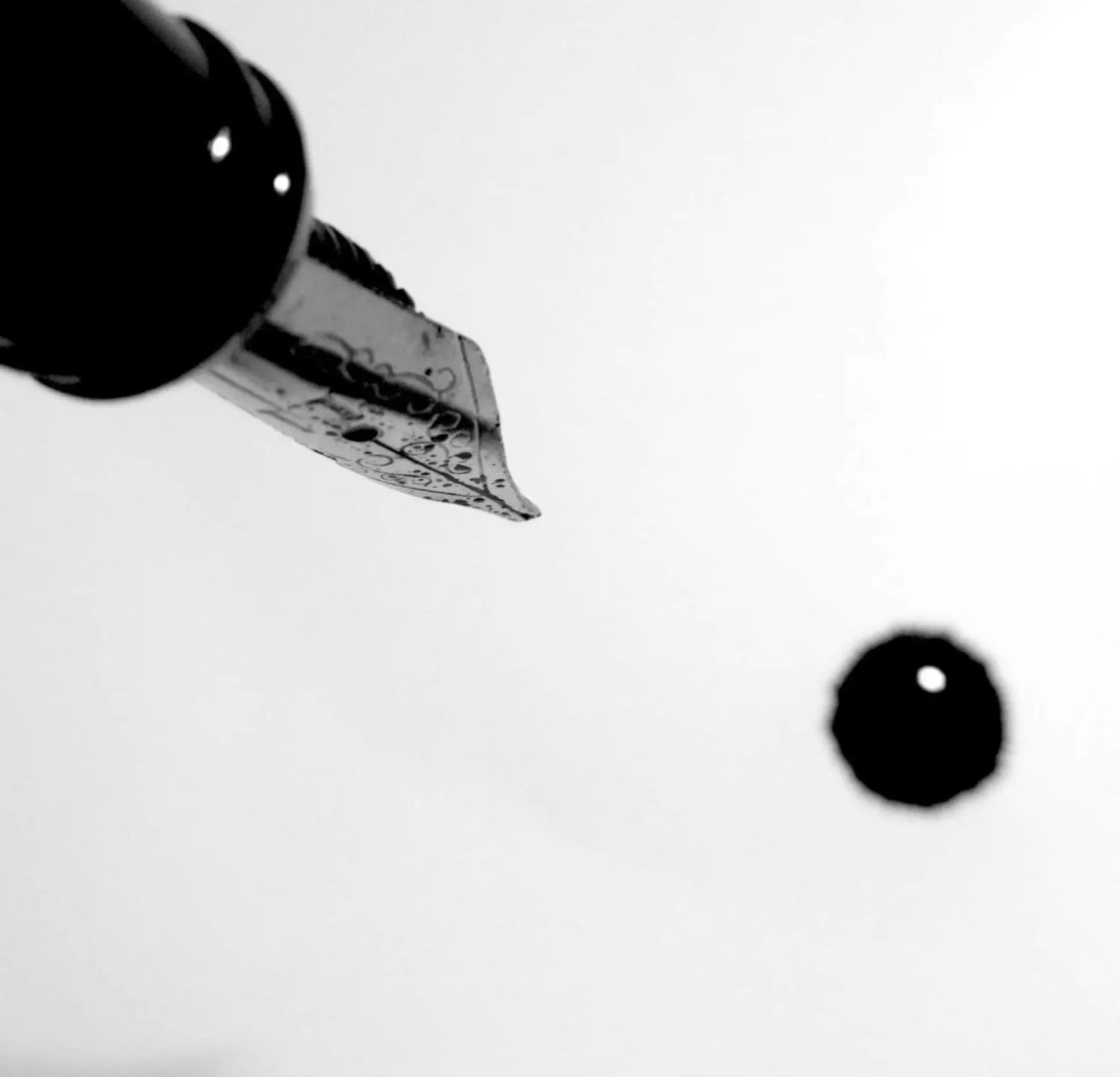Okay, “explode” might be a little bit of an exaggeration. We’ve all had a run-in with a pen that leaked, though, right?
The pen that leaks into your pocket right before a presentation. The pen that leaked in the bottom of your purse. The pen that leaked in your car’s glove compartment during the summer. That pen that leaked in your luggage when you flew.
So, why do pens explode? Are there pens that are more likely to cause an issue? Less likely? That’s what we’re covering today. First, though, we’re going to talk about how a pen works.








